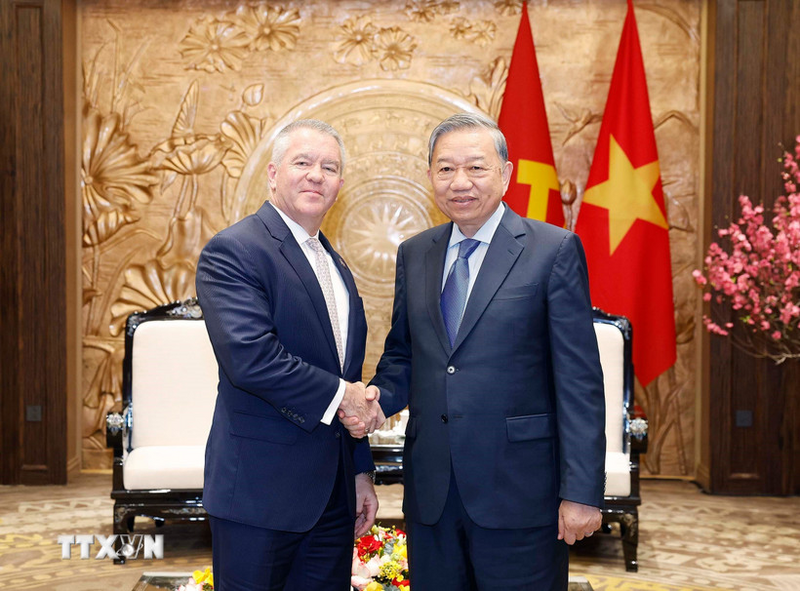
Vietnam ready to deepen comprehensive cooperation with the US
19:05 | 23/03/2025 08:30 | 15/02/2026News and Events
The core foundation for Vietnamese products
As Vietnam’s e-commerce market reached over USD 25 billion in 2024, growing 20% year-on-year and ranking among the top three largest markets in Southeast Asia, cross-border e-commerce has emerged as a strategic driver of national exports. Globally, cross-border e-commerce hit USD 791.5 billion and is forecast to grow by over 30% in the coming years, opening opportunities for Vietnamese enterprises to expand their online presence in key markets such as the United States, the EU, Japan, and South Korea, while also tapping into new potential markets.
According to the National E-Commerce Development Master Plan for 2026 - 2030, cross-border e-commerce is a strategic pillar for building a sustainable digital export ecosystem, enhancing international competitiveness, and bringing Vietnamese goods further onto the global trade map. However, to truly conquer international markets, Vietnamese products must overcome barriers of trust, quality, and transparency. Among these, modern technology-based traceability is considered the key to building brand credibility.
Nguyen Thi Hoai An, Vice President of the Alliance of Cross-Border E-Commerce Global (ACBC Global) and President of ACBC Vietnam, emphasized: “Credibility, quality, and transparency are the keys to building an international brand”. According to her, transparent product traceability is “absolutely essential”, not merely through labels, but by leveraging modern technologies to verify origin, production processes, and product quality.
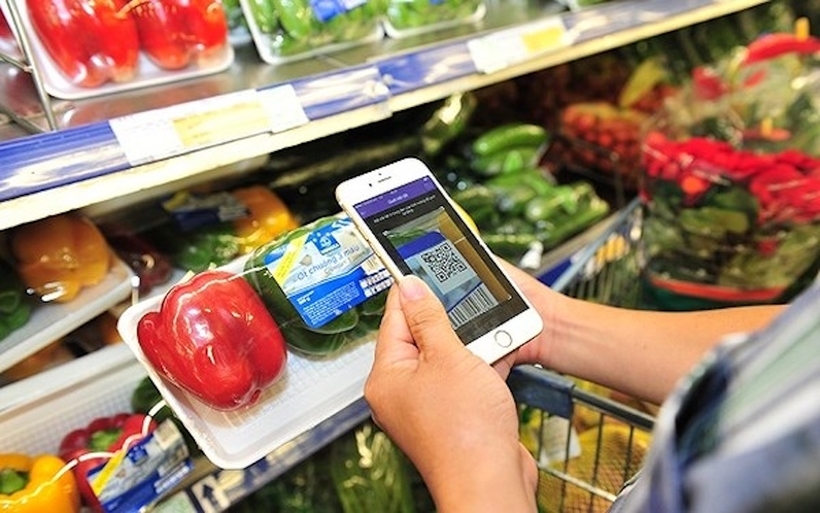
Vietnamese products go global with trust and transparency. Photo: VGP
These technologies allow global consumers to easily verify all product-related information. Transparency not only reassures customers about quality but also helps Vietnamese enterprises project a professional and trustworthy image. At a time when Vietnam enjoys strategic advantages in geography, abundant raw materials, and a young workforce, this is a golden moment to break through and maximize globalization opportunities.
However, breakthroughs cannot rely solely on natural advantages. Enterprises must carefully prepare in terms of product quality, brand storytelling, and professional operations. Transparent traceability through modern technology is indispensable in realizing brand identity and proving product quality. This enables companies to move beyond contract manufacturing and gradually build their own brands, creating “national products” on the international stage.
The Direct-to-Consumer (D2C) sales model is increasingly encouraged, instead of relying solely on intermediaries. Traceability serves as a powerful tool to strengthen trust, help customers understand product value, and foster stronger connections between brand and consumer.
The support of regulators and technology partners is critical. The Ministry of Industry and Trade (MOIT) and the Department of E-Commerce and Digital Economy have rolled out comprehensive measures from improving regulations and policies to providing training and capacity-building support. Global platforms such as Amazon Global Selling Vietnam provide enterprises with expert consulting, data-driven tools, and AI to optimize business operations. Emerging technologies like AI are considered the “new DNA” of commerce, optimizing supply chains, forecasting demand, and overcoming language and cultural barriers enhancing transparency and trustworthiness.
All these efforts aim to build a sustainable digital export ecosystem where transparent traceability is at the core of international brand building.
The “golden seal” affirming value and brand identity
Alongside transparent origin, attaining reputable international certifications is a decisive factor for Vietnamese products to win consumer trust and conquer global markets. These certifications prove compliance with stringent standards on quality, safety, environment, and social responsibility, recognized worldwide. They serve as the “golden seal” enabling Vietnamese goods to confidently go global, especially in demanding markets like the United States, the EU, Japan, and South Korea.
For international consumers, trusted certifications such as ISO, GlobalGAP, Organic, and Fair Trade act as reliable guarantees. They facilitate easier purchasing decisions, reduce risks, and foster brand loyalty. For Vietnamese enterprises, international certifications unlock opportunities to access major distribution channels, global supermarket chains, and premium customer segments where verified quality and transparent origins are highly prioritized.
Nguyen Thi Hoai An stressed the importance of developing proprietary brands: Enterprises should not only do contract manufacturing but must assert their position with their own brands. International certifications serve as tools to elevate brand value, enabling Vietnamese goods to gain global presence and open opportunities for exporting knowledge, high-quality services, and shaping “national products” on the world trade map.
Vietnamese products go global with trust and transparencyTo achieve this, Vietnamese enterprises must make serious investments in product quality, optimize production processes, and comply with international standards. This is a long-term journey requiring commitment and consistent effort but promises enduring brand benefits. MOIT and the Department of E-Commerce and Digital Economy have launched multiple support initiatives from capacity training to connections with leading global e-commerce platforms while coordinating with Vietnam Trade Offices abroad to promote exports.
Technology and logistics corporations also play vital roles. ViettelPost has made major investments in infrastructure, technology, and operations to shorten delivery times, reduce costs, and improve service quality, enabling Vietnamese goods to access global markets more effectively. Dinh Thanh Son, Deputy General Director of ViettelPost, noted that Vietnam could soon become a reliable link in the global supply chain, where “Made in Vietnam” products not only appear on online platforms but also symbolize quality and reliable logistics.
Dinh Thi Thu Hien, CEO of Yugeeks, is building a 3-in-1 ecosystem integrating Fulfillment, Supply Chain, and Multi-Channel Network, applying technology to forecast demand, optimize advertising, and personalize customer experiences. The goal is to bridge barriers in logistics, marketing, and technology, supporting SMEs, cooperatives, and craft villages to integrate into global supply chains through platforms such as Shopee, TikTok Shop, and Amazon. These efforts enhance competitiveness, help enterprises achieve international certification, and strengthen brand building.
Particularly, leveraging AI as a competitive advantage has become essential. Enterprises must optimize operations, develop AI strategies tailored to geographic markets, and invest in immersive customer experiences. AI is no longer optional it is now a mandatory expectation in global commerce. Combined with traceability and international certification, Vietnamese enterprises create a powerful triad to affirm credibility and quality.
Additionally, Free Trade Zones (FTZs) are considered key infrastructures for restructuring e-commerce supply chains, with e-fulfillment centers, bonded warehouses, and modern data systems. Connecting Vietnam’s FTZs with international hubs such as KLIA DFTZ (Malaysia) or Dubai CommerCity (UAE) helps shorten delivery times, reduce logistics costs, boost competitiveness, and facilitate product inspection and certification.
The Panorama Forum on E-Commerce and Cross-Border E-Commerce has outlined a clear roadmap for Vietnam’s e-commerce development. To become a leading regional hub for manufacturing, exports, and e-commerce elevating Vietnamese goods globally and asserting their position on the world trade map integrating modern technology, international logistics infrastructure, brand strategies, and FTZ networks is the key.
Nevertheless, the strongest foundation remains transparent traceability through modern technology and the attainment of reputable international certifications, building consumer trust. As Nguyen Thi Hoai An reaffirmed: “Credibility, quality, and transparency are the keys to building an international brand”. By consistently adhering to these principles, Vietnamese enterprises not only enhance product value but also build sustainable trust, turning Vietnamese goods into symbols of quality and reliability on the international stage.

19:05 | 23/03/2025 08:30 | 15/02/2026News and Events

19:05 | 23/03/2025 08:25 | 15/02/2026News and Events
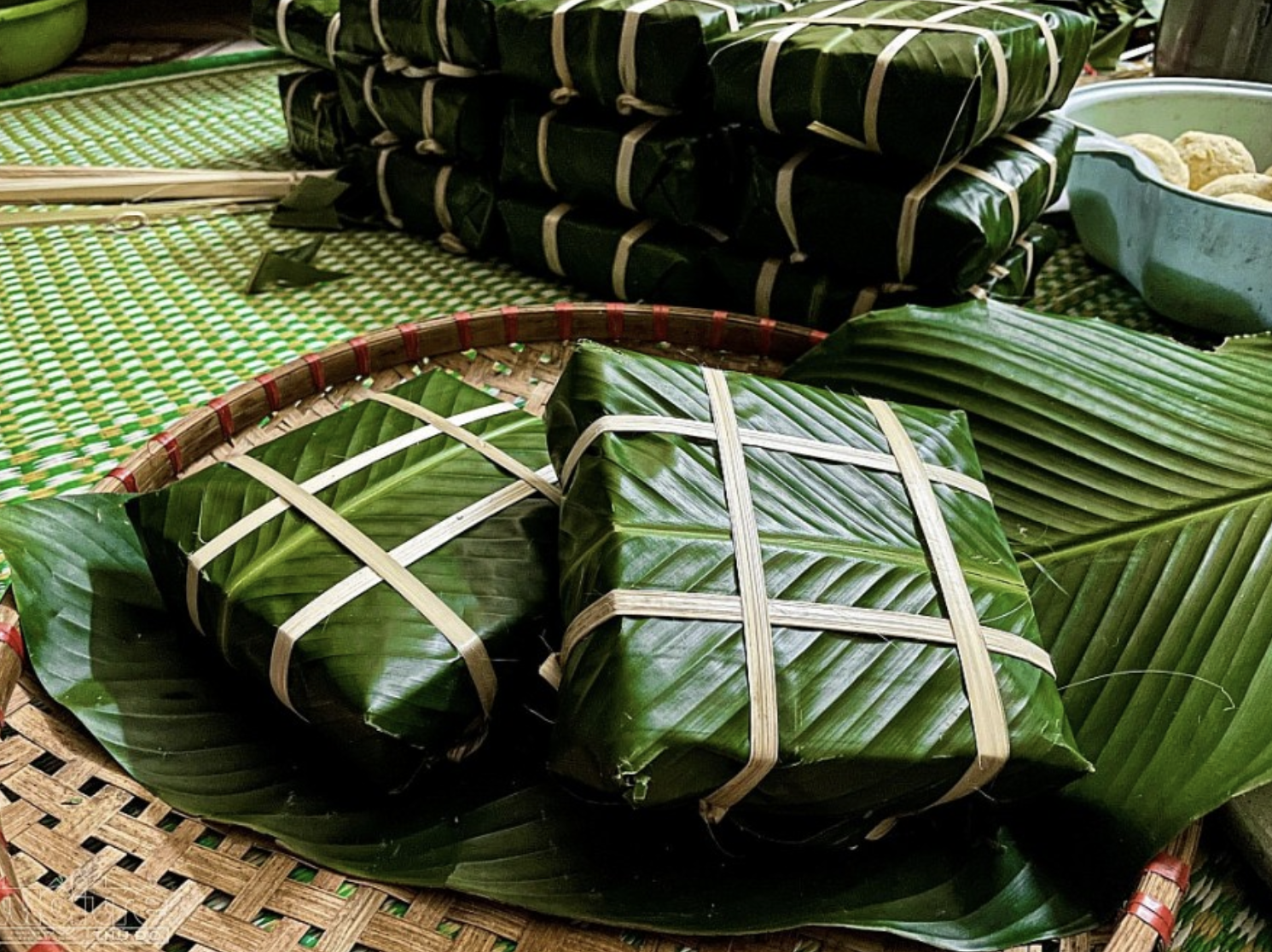
19:05 | 23/03/2025 16:44 | 14/02/2026Tourism
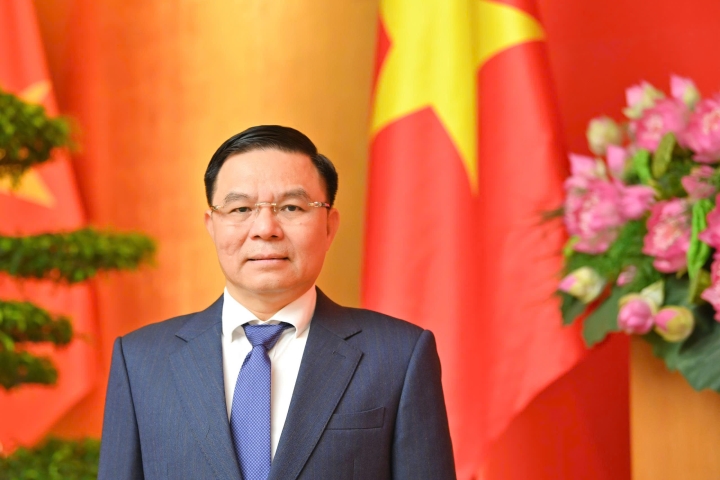
19:05 | 23/03/2025 16:33 | 14/02/2026Home Page
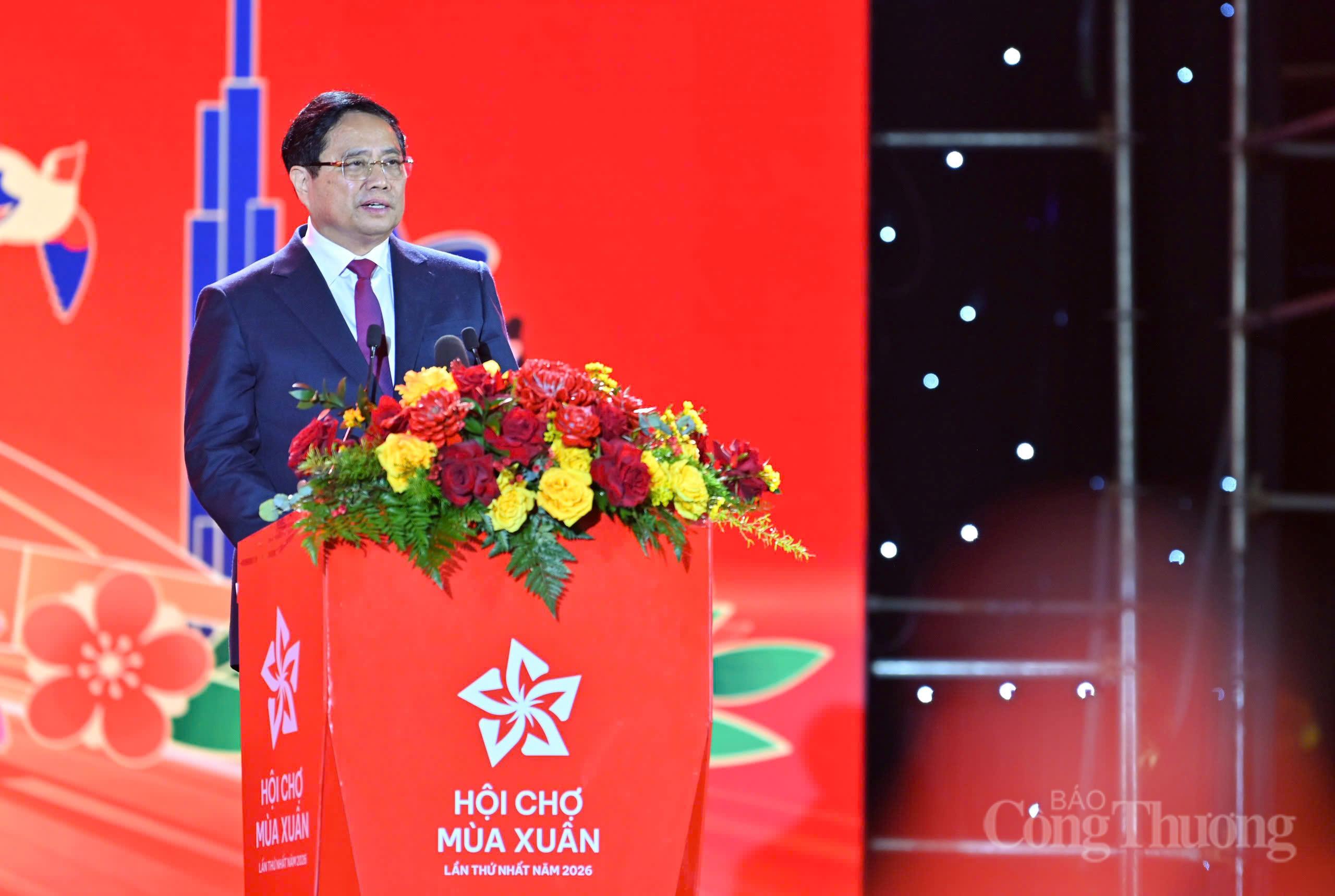
19:05 | 23/03/2025 16:32 | 14/02/2026Trade